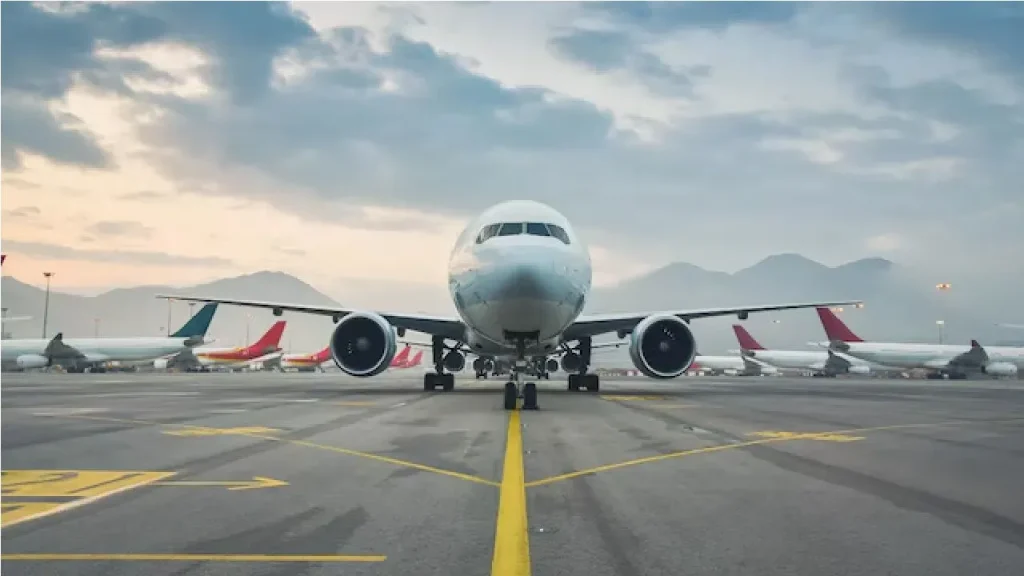Context: Recently, the Lok Sabha passed the Bhartiya Vayuyan Vidheyak Bill 2024, which aims to replace the 90-year-old Aircraft Act of 1934.
More On News:
- The bill seeks to remove redundancies of the Aircraft Act, of 1934, which has been amended 21 times.
- The Act governs aircraft-related activities such as manufacturing, possession, use, and trade, and the Bill retains these provisions while adding regulations on aircraft design.
- Offenses, including dangerous flying, carrying arms or explosives, and depositing waste near airports, carry penalties.
- The Bill also allows for a second appeal against penalty decisions related to violations of its Rules.
Key Features of the Bharatiya Vayuyan Vidheyak, 2024:
- Authorities:
- The Bill maintains three key authorities:
- Directorate General of Civil Aviation (DGCA)-regulation and safety
- Bureau of Civil Aviation Security (BCAS) – security
- Aircraft Accidents Investigation Bureau (AAIB) – aircraft accident investigations
- The government oversees these bodies and can issue directions. Appeals against their orders go to the central government, with no further appeals allowed.
- The Bill maintains three key authorities:
- Regulation of Aircraft Design:
- The Bill keeps the regulation of aircraft activities (manufacturing, operation, trade) and adds powers to regulate aircraft design.
- Powers to Make Rules:
- The Bill retains the government’s ability to make rules on aircraft-related activities, air transport services, and international civil aviation agreements.
- It adds rules for radio telephone operator certificates under international telecommunication conventions.
- Offences and Penalties:
- Offences punishable by up to 2 years in prison, fines up to ₹1 crore, or both include:
- Violating rules on prohibited goods (arms, explosives).
- Dangerous flying practices.
- Non-compliance with DGCA/BCAS directions.
- Offences related to airport cleanliness (slaughtering or dumping rubbish) carry penalties of up to 3 years in prison or ₹1 crore fine.
- Offences punishable by up to 2 years in prison, fines up to ₹1 crore, or both include:
- Civil and Criminal Penalties:
- Civil penalties can go up to ₹1 crore.
- Criminal penalties may involve up to 2 years imprisonment, ₹1 crore fine, or both for violations related to aircraft activities, international conventions, accident investigations, public health, and aircraft detention.
- Adjudication of Penalties:
- The central government can appoint an officer (Deputy Secretary or above) to adjudicate penalties.
- Decisions can be appealed to a higher-ranking officer (First Appellate Officer) and then to a Second Appellate Officer.

